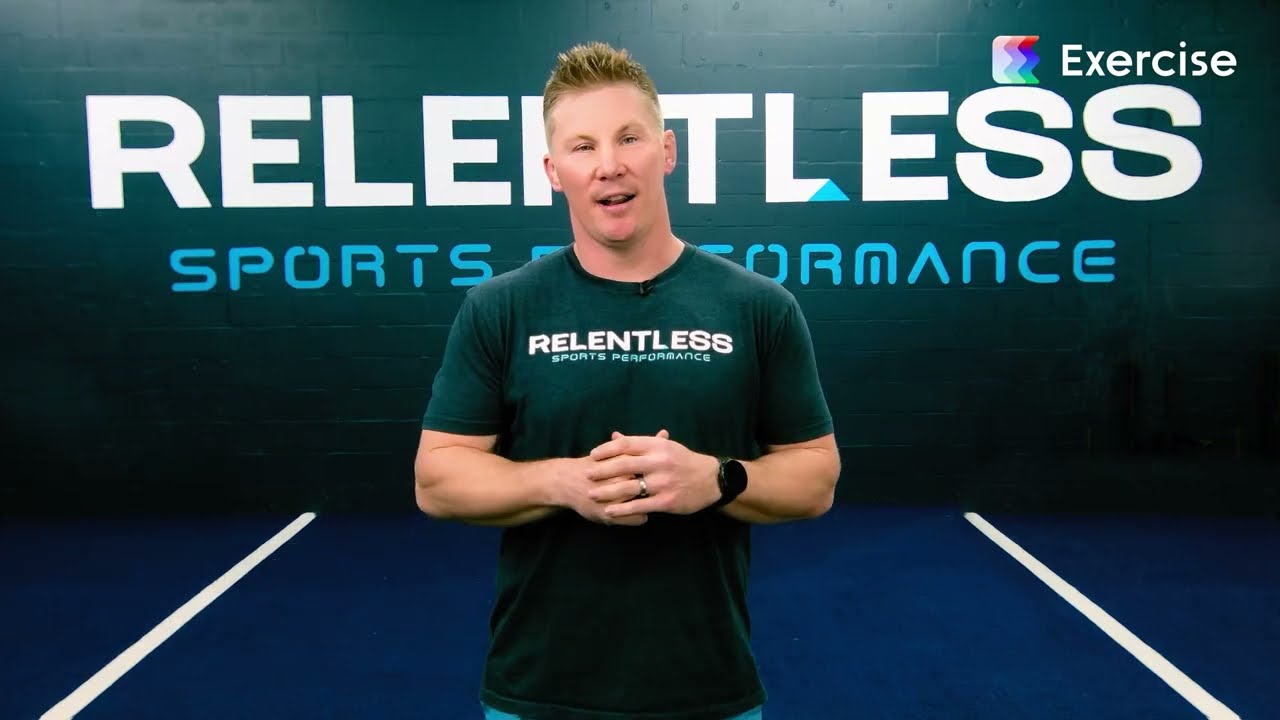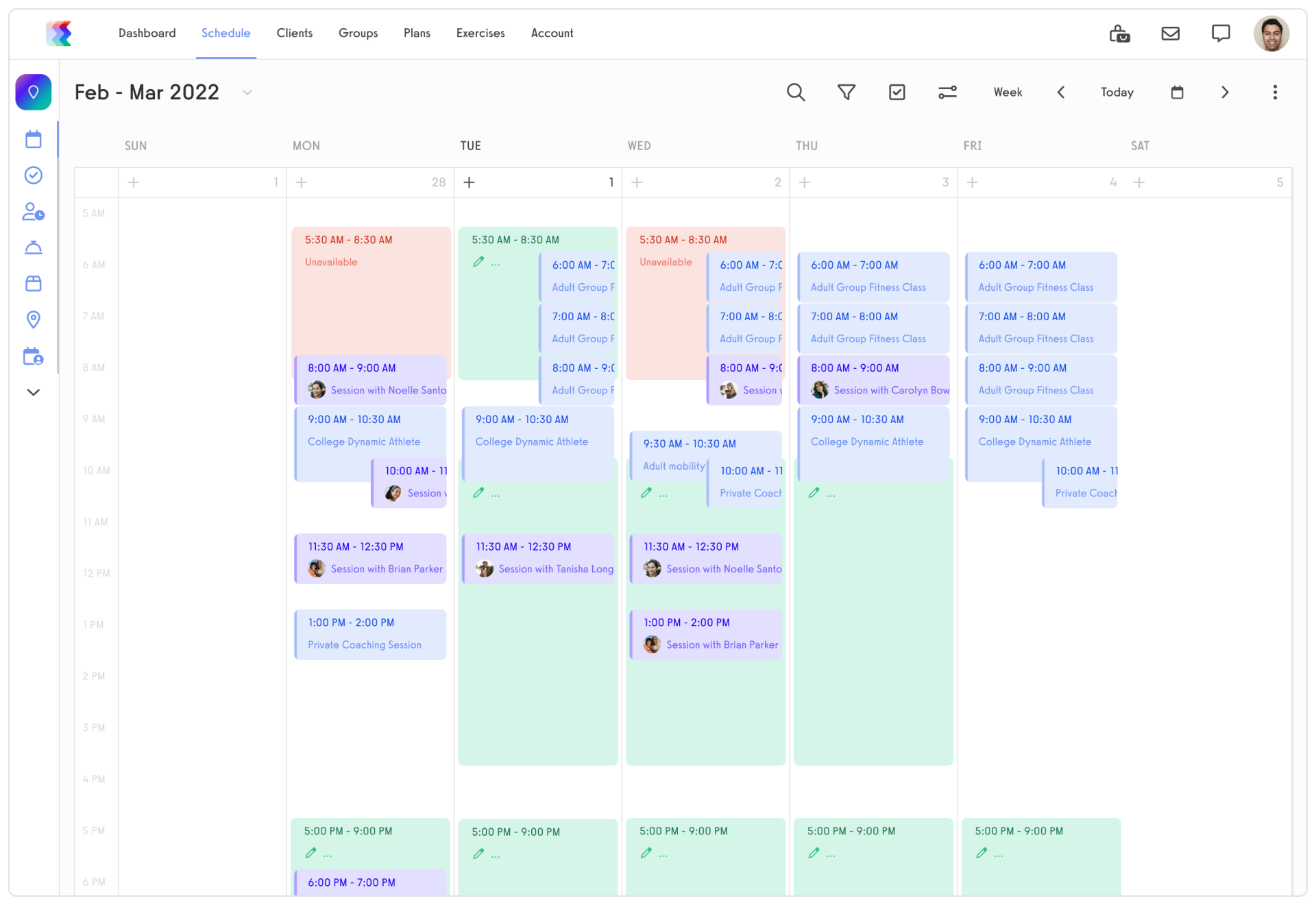Alta Personal Trainer vs Fitness Manager
When it comes to pursuing a career in the fitness industry, two popular options to consider are becoming a personal trainer or a fitness manager. While both roles involve working with clients to help them reach their fitness goals, there are key differences in their responsibilities, qualifications, and skills. In this article, we will explore the roles and responsibilities, qualifications and training, skills and expertise, client interaction and goal setting, as well as program design and implementation for personal trainers and fitness managers.

Understanding the Roles and Responsibilities

Being a personal trainer is more than just guiding clients through exercises. It involves a deep understanding of each individual’s unique needs and goals. Personal trainers take the time to get to know their clients on a personal level, learning about their fitness history, any past injuries, and their preferences when it comes to exercise.
Once a personal trainer has gathered all the necessary information, they can design a personalized workout plan that takes into account the client’s specific goals, abilities, and any health considerations. This plan may include a combination of cardiovascular exercises, strength training, and flexibility exercises to ensure a well-rounded fitness routine.
During training sessions, personal trainers provide constant support and motivation to their clients. They not only demonstrate the proper form and technique for each exercise but also ensure that clients are performing the exercises correctly to prevent injuries. Personal trainers are trained to identify any potential issues with form and make necessary adjustments to ensure safety.
Aside from the physical aspect, personal trainers also play a crucial role in educating their clients about nutrition and overall wellness. They provide guidance on healthy eating habits, portion control, and the importance of hydration. Personal trainers may also offer advice on stress management, sleep patterns, and other lifestyle factors that can impact overall health and well-being.
On the other hand, fitness managers have a different set of responsibilities. They are responsible for overseeing the day-to-day operations of a fitness facility or department. This includes managing staff, scheduling employees, and ensuring the smooth functioning of the facility.
Fitness managers work closely with personal trainers to coordinate fitness programs and classes. They collaborate with trainers to ensure that the facility offers a variety of exercise options that cater to different fitness levels and interests. Fitness managers may also be involved in the hiring and training of new personal trainers, ensuring that the team is well-equipped to meet the needs of the clients.
In addition to staff management, fitness managers handle administrative tasks such as budgeting and marketing. They are responsible for creating and managing the facility’s budget, ensuring that expenses are kept in check and revenue is maximized. They also develop marketing strategies to attract new clients and retain existing ones, utilizing various channels such as social media, email marketing, and partnerships with local businesses.
Furthermore, fitness managers are responsible for ensuring that the facility’s equipment is properly maintained. They oversee regular inspections and maintenance schedules to ensure that all equipment is in good working condition. If any repairs or replacements are needed, fitness managers take prompt action to minimize any disruption to clients’ workouts.
In conclusion, personal trainers and fitness managers have distinct roles and responsibilities within the fitness industry. While personal trainers focus on designing personalized workout plans and providing support to clients, fitness managers oversee the overall operations of a fitness facility and ensure its smooth functioning. Together, they contribute to creating a positive and effective fitness environment for individuals to achieve their health and fitness goals.
Qualifications and Training
In order to become a personal trainer, individuals must obtain specific certifications. These certifications vary depending on the country and organization, but common certifications include Certified Personal Trainer (CPT), Group Exercise Instructor, and Strength and Conditioning Specialist. These certifications require passing written and practical exams to demonstrate knowledge and competency in various areas of fitness.
Let’s delve deeper into the qualifications and training required for a career in personal training. To become a Certified Personal Trainer (CPT), individuals typically need to complete a comprehensive training program that covers topics such as anatomy, physiology, exercise science, nutrition, and injury prevention. These programs can be completed through accredited institutions, online platforms, or specialized fitness organizations.
During the training program, aspiring personal trainers gain hands-on experience through practical sessions and internships. They learn how to design personalized exercise programs, assess clients’ fitness levels, and provide guidance on proper form and technique. Additionally, they acquire knowledge on creating nutrition plans, setting realistic goals, and motivating clients to achieve their fitness objectives.
Furthermore, individuals pursuing a career as a Group Exercise Instructor undergo specific training to lead fitness classes and cater to a diverse range of participants. They learn how to design and deliver safe and effective group workouts, modify exercises for different fitness levels, and create an inclusive and motivating environment for participants.
Strength and Conditioning Specialists, on the other hand, focus on training athletes and individuals aiming to improve their athletic performance. They receive specialized training in sports-specific exercises, injury prevention strategies, and performance enhancement techniques. This certification equips them with the knowledge and skills to work with professional sports teams, collegiate athletes, and individuals seeking to excel in their chosen sport.
Now, let’s shift our focus to the qualifications and training required for fitness managers. Unlike personal trainers, fitness managers typically require a combination of education and experience to excel in their roles. Many fitness managers have a bachelor’s degree in fields such as exercise science, kinesiology, or business administration.
These degree programs provide a comprehensive understanding of exercise physiology, human anatomy, business management principles, and leadership skills. Students gain knowledge on how to effectively manage fitness facilities, develop marketing strategies, oversee staff members, and ensure the smooth operation of the fitness center.
In addition to the educational requirements, experience in the fitness industry or management roles is highly valued for fitness managers. Many professionals start their careers as personal trainers or group exercise instructors, gradually transitioning into management positions as they gain experience and demonstrate leadership abilities.
Some organizations may also require fitness managers to obtain additional certifications relevant to facility management or business administration. These certifications further enhance their skills in areas such as budgeting, marketing, customer service, and facility maintenance.
In conclusion, the qualifications and training required for a career in personal training and fitness management are diverse and comprehensive. Personal trainers must obtain certifications that demonstrate their knowledge and competency in various aspects of fitness, while fitness managers often combine education with practical experience to excel in their roles. Both professions require dedication, continuous learning, and a passion for helping others achieve their fitness goals.
Skills and Expertise
Successful personal trainers possess a variety of skills and expertise. They have excellent communication and interpersonal skills, allowing them to effectively motivate and encourage clients. Personal trainers also have a deep understanding of human anatomy and exercise physiology, enabling them to design safe and effective workout programs tailored to individual needs. Additionally, they stay up-to-date with the latest research and trends in the fitness industry to provide the best guidance to clients.
When it comes to communication skills, personal trainers excel in both verbal and non-verbal communication. They are skilled at listening attentively to their clients’ needs and concerns, ensuring that they understand their goals and any limitations they may have. Personal trainers are also adept at using non-verbal cues, such as body language and facial expressions, to gauge their clients’ level of comfort and adjust their approach accordingly.
In terms of interpersonal skills, personal trainers are masters at building rapport and establishing trust with their clients. They create a supportive and non-judgmental environment where clients feel comfortable sharing their challenges and progress. Personal trainers also possess empathy and compassion, understanding that each client is unique and may require different levels of motivation and encouragement.
Moreover, personal trainers’ deep understanding of human anatomy and exercise physiology is a result of their extensive education and training. They have studied the intricate workings of the human body, including the musculoskeletal system, cardiovascular system, and energy systems. This knowledge allows them to design workout programs that target specific muscle groups, improve cardiovascular fitness, and enhance overall health and well-being.
Personal trainers also keep themselves updated with the latest research and trends in the fitness industry. They attend conferences, workshops, and seminars to learn about new exercise techniques, nutrition guidelines, and fitness equipment. By staying informed, personal trainers can provide evidence-based recommendations and incorporate innovative approaches into their clients’ workouts.
Turning our attention to fitness managers, we find that they possess a unique set of skills and expertise. Essential qualities for an effective fitness manager include strong leadership and organizational skills. Fitness managers must be able to communicate and delegate tasks effectively to staff members, ensuring that everyone is working towards the same goals and objectives.
Leadership skills are crucial for fitness managers as they are responsible for overseeing a team of personal trainers and other fitness professionals. They provide guidance, support, and mentorship to their staff, helping them develop their skills and reach their full potential. Fitness managers also foster a positive work environment, promoting teamwork and collaboration among their team members.
In addition to leadership skills, fitness managers need to have a sound understanding of business principles. They are responsible for budgeting, marketing, and other administrative tasks, ensuring that the fitness facility operates efficiently and effectively. Fitness managers develop strategic plans to attract new clients and retain existing ones, utilizing various marketing channels and techniques to promote their services.
To excel as a fitness manager, it is also important to have a good grasp of industry trends. Fitness managers stay informed about new equipment, programs, and techniques that can enhance the client experience and improve the overall success of the facility. They attend industry conferences and trade shows, network with other professionals, and actively seek out opportunities to learn and grow.
In conclusion, personal trainers and fitness managers possess a wide range of skills and expertise. Personal trainers excel in communication, interpersonal skills, and their deep understanding of human anatomy and exercise physiology. Fitness managers, on the other hand, showcase strong leadership, organizational skills, and a sound understanding of business principles. Both roles require staying up-to-date with industry trends and continuously expanding their knowledge to provide the best possible service to clients.
Client Interaction and Goal Setting
One of the key aspects of being a successful personal trainer is the ability to establish rapport and build relationships with clients. Personal trainers must listen to their clients’ needs, goals, and concerns to develop personalized workout plans. Building trust and providing emotional support is essential for client success. Personal trainers also use their expertise to set realistic and achievable fitness goals for clients, track progress, and make necessary adjustments to the workout plans as needed.
As fitness managers, goal setting is also important, but from a different perspective. Fitness managers work with clients indirectly, overseeing fitness programs and classes. They ensure that instructors are aligned with client needs and that programs are well-structured and engaging. Fitness managers also play a role in tracking the overall success of the fitness programs and making any necessary changes to meet the goals of the facility or department.
Program Design and Implementation
Personal trainers excel in designing personalized workout plans based on individual goals, preferences, and abilities. They take into account factors such as clients’ fitness levels, current health conditions, and any limitations or restrictions. Personal trainers also provide ongoing guidance and support to ensure clients are performing exercises correctly and progressing towards their goals safely. To keep workouts interesting and effective, personal trainers frequently adjust and modify the workout plans as clients’ fitness levels improve and goals change.
Fitness managers, on the other hand, oversee the broader picture. They are responsible for developing and implementing fitness programs and classes that cater to the needs and preferences of the facility’s target audience. Fitness managers work closely with instructors to ensure programs are well-structured and align with the facility’s objectives. They also maintain equipment and facilities to ensure a safe and enjoyable environment for clients.
In conclusion, personal trainers and fitness managers each play important roles in the fitness industry, but their responsibilities, qualifications, and skills vary. Personal trainers focus on working directly with clients, designing personalized workout plans, and providing ongoing support to help clients achieve their fitness goals. Fitness managers, on the other hand, have a broader scope of responsibilities, including managing staff, overseeing fitness programs, and maintaining the overall operation of the facility. Both roles require a combination of expertise, qualifications, and interpersonal skills to be successful.














